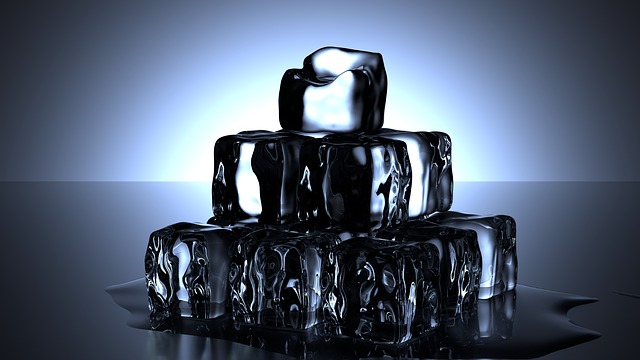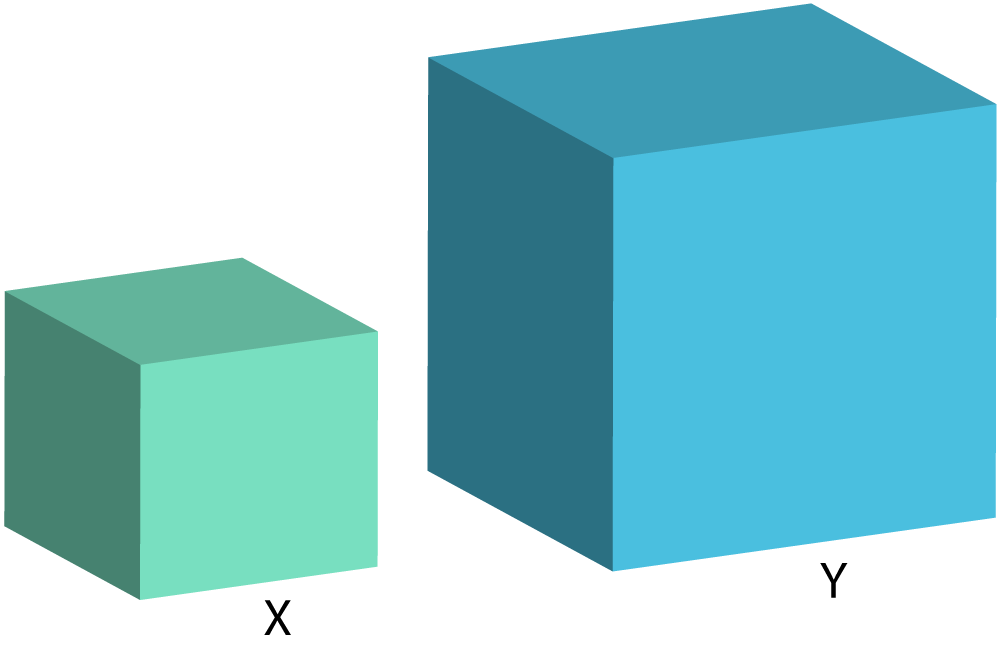1. Heat energy will flow from a hot small steel block to a cold large copper block in contact with each other until ...
- A. the blocks are at the same temperature
- B. the blocks contain the same internal heat energy
- C. the molecules in both blocks have the same momentum when they collide
- D. the blocks have the same heat capacity
|
|
2. Absolute zero is ...
- A. -273 K
- B. 0 K
- C. -100 K
- D. 373 K
|
|
3. A temperature of 300 K is equivalent to...
- A. 573 0C
- B. 27 0C
- C. 373 0C
- D. -27 0C
|
|
4. Which of these statements best describes the energy changes that take place as steam at 1000C condenses and turns into water at 1000C?
- A. The internal energy has increased and thermal energy is released to the surroundings
- B. The internal energy has remained constant and thermal energy is released to the surroundings
- C. The internal energy has remained constant and thermal energy is transferred from the surroundings to the steam
- D. The internal energy has decreased and thermal energy is released to the surroundings
|
|
| 5. When ice melts at 00C , bonds between molecules are weaker. |
 |
This leads to ...
- A. an increase in potential energy between the water molecules
- B. a decrease in potential energy between the water molecules
- C. an increase in the kinetic energy of the water molecules
- D. a decrease in the kinetic energy of the water molecules
|
|
6. The mole is defined as:
- A. The amount of substance with the same number of atoms/molecules as 12g of carbon-12
- B. The amount of substance with the same number of atoms/molecules as 6g of carbon-12
- C. The amount of substance with the same mass as 12g of carbon-12
- D. The amount of substance with the same mass as 6g of carbon-12
|
|
7. Helium has a molecular mass of 4. How many moles are there in a sample of 1kg of helium?
- A. 400 moles
- B. 250 moles
- C. 0.4 moles
- D. 0.25 moles
|
|
8. You are more likely to receive a serious burn from holding 1kg of steel at 800C than 1g of iron at 4000C because ...
- A. steel has a higher specific heat capacity than iron
- B. the molecules of steel have a higher kinetic energy
- C. the steel has a higher internal energy than the iron
- D. the temperature difference between steel and iron is large
|
|
9. Two metal blocks initially at room temperature are heated.
| Block X |
Block Y |
| Mass = m |
Mass = 6m |
| Specific heat capacity = c |
Specific heat capacity = c/2 |
| Heat energy supplied = Q |
Heat energy supplied = 24Q |
| temperature increase = T |
Temperature increase = ? |
|

|
| Using data from the table, what is the temperature increase of block Y?
|
|
10. The thermal capacity of an object is defined as:
- A. the energy required to raise the object's temperature by 1 k
- B. the energy required to raise the temperature of 1kg by 1 k
- C. the temperature rise required to increase the object's thermal energy by 1J
- D. the temperature rise required to increase the thermal energy of 1kg by 1J
|
|
|
|
